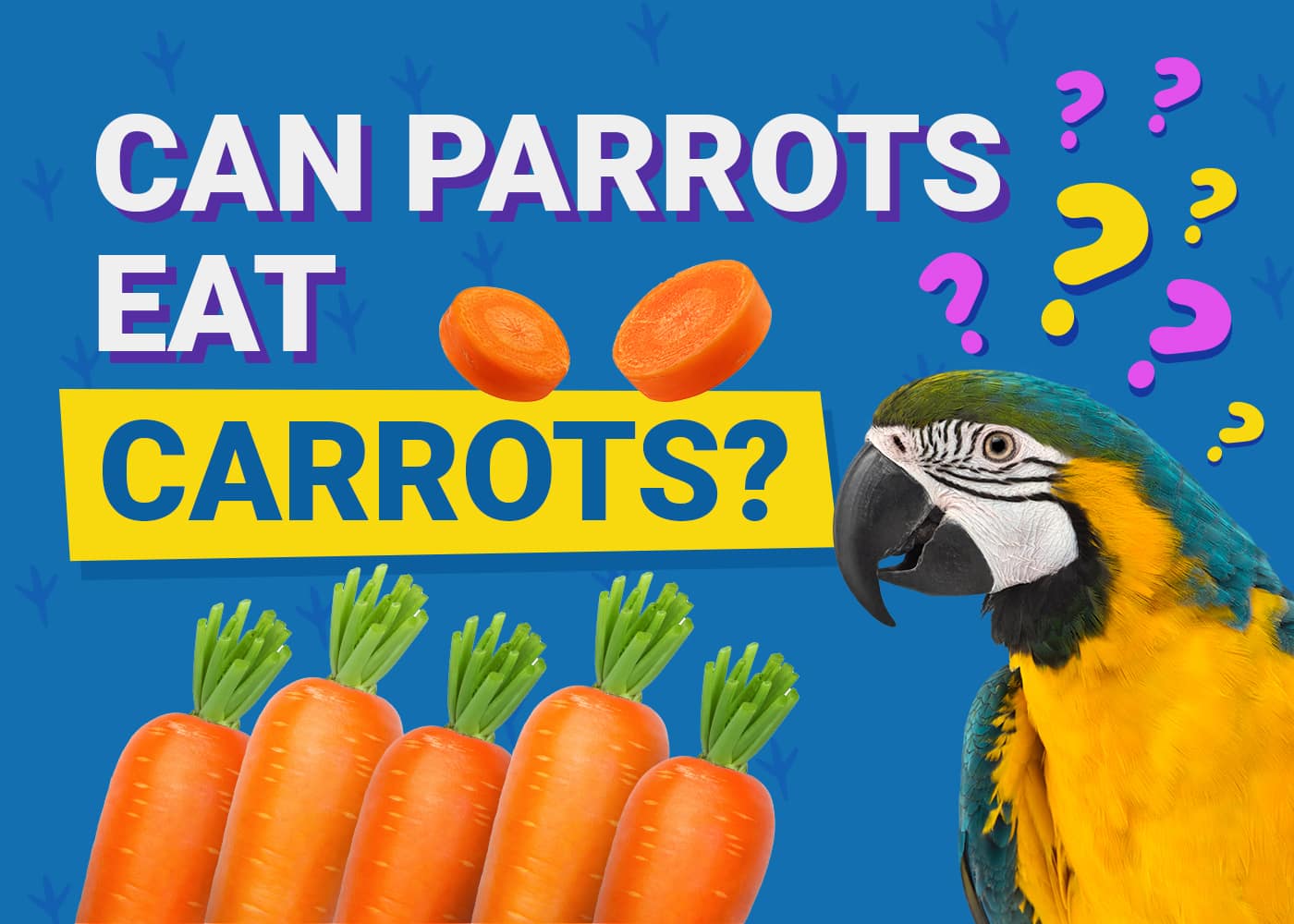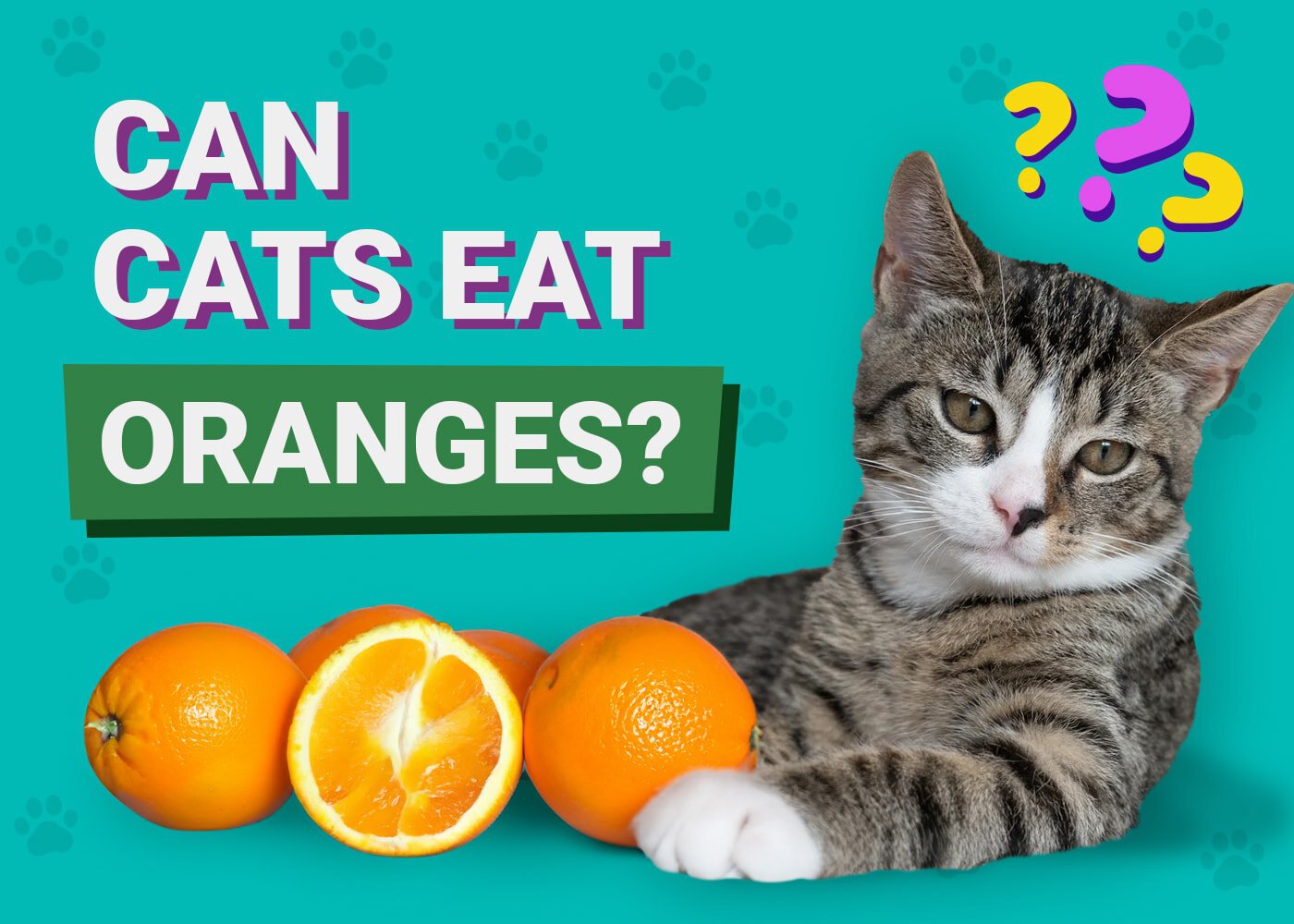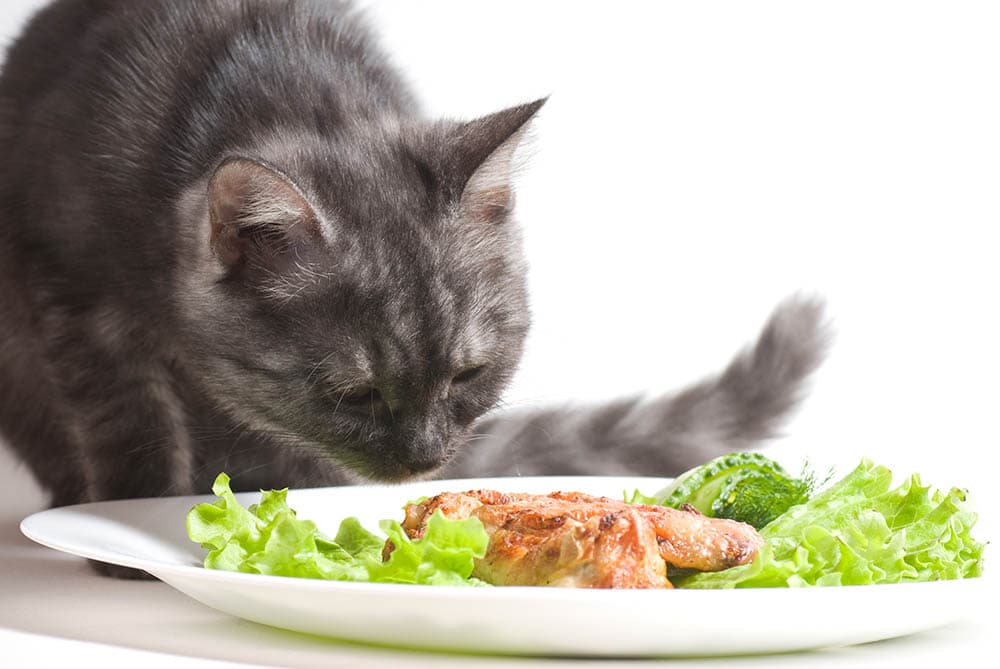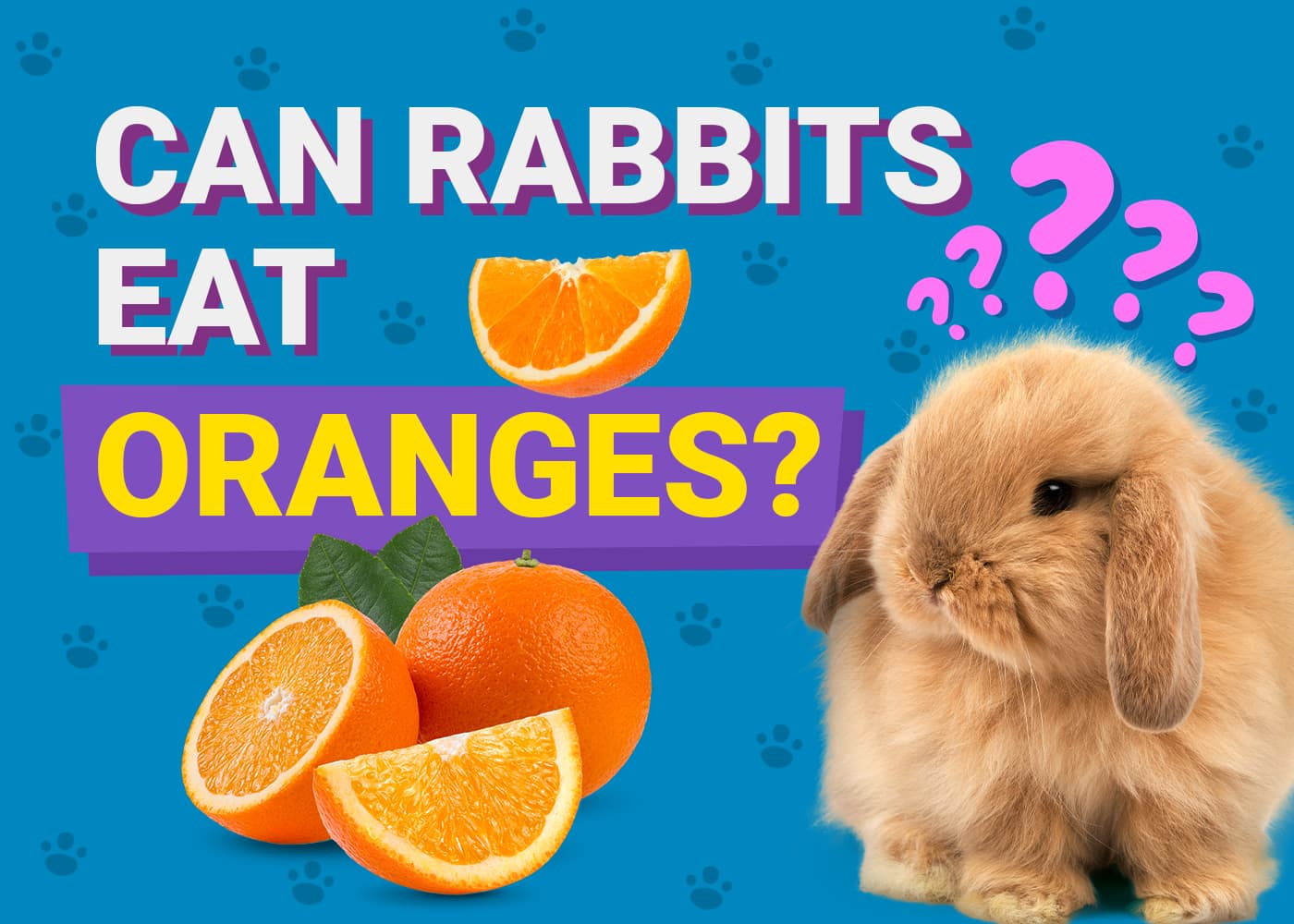VET APPROVED

The information is current and up-to-date in accordance with the latest veterinarian research.
Learn more »Click to Skip Ahead
It’s likely that as a parrot owner, you’ve opened your refrigerator and wondered to yourself if you should feed a carrot to your pet parrot. After all, carrots are full of vitamins, they’re colorful, and easy to deal with. The good news is that yes, you can feed your pet parrot some carrots because they’re just as good for your bird as they are for yourself!
Let’s learn more about carrots and how you can incorporate them into your parrot’s diet.

Carrots & Parrots
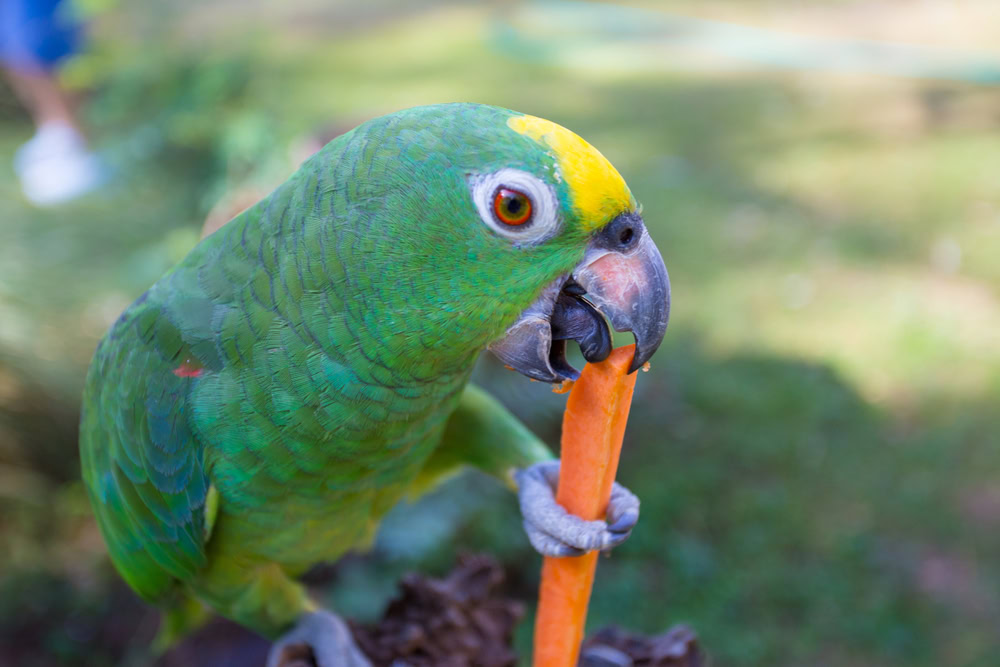
Carrots are safe for parrots to consume. They aren’t featured on the diet of wild parrots (as they are a root vegetable). Nonetheless, they are safe and beneficial for them. The key factor when it comes to vegetables and your parrot is that variety is very important.
Though parrots definitely can eat and draw meaningful nutrition from carrots, they shouldn’t be the only vegetable you offer your pet. Instead, they should be part of a daily salad of fresh vegetables.
The main nutritional draw of carrots is their high vitamin A content. Though important for parrots, it’s essential to note that excess vitamin A can be detrimental to some parrot species, such as cockatiels (and possibly other seed-eating granivores such as budgies). As such, it’s prudent to not go overboard with offering your parrot carrots. We’ll discuss the general nutritional guidelines of carrots shortly.
The carotenoids in carrots also act as antioxidants, which tremendously benefit your pet’s immune system and overall health. Carotenoids also act as antioxidants and are necessary in some birds (such as canaries) for feather pigmentation; however, they do not change the plumage color of parrots.
What to Feed Your Parrot
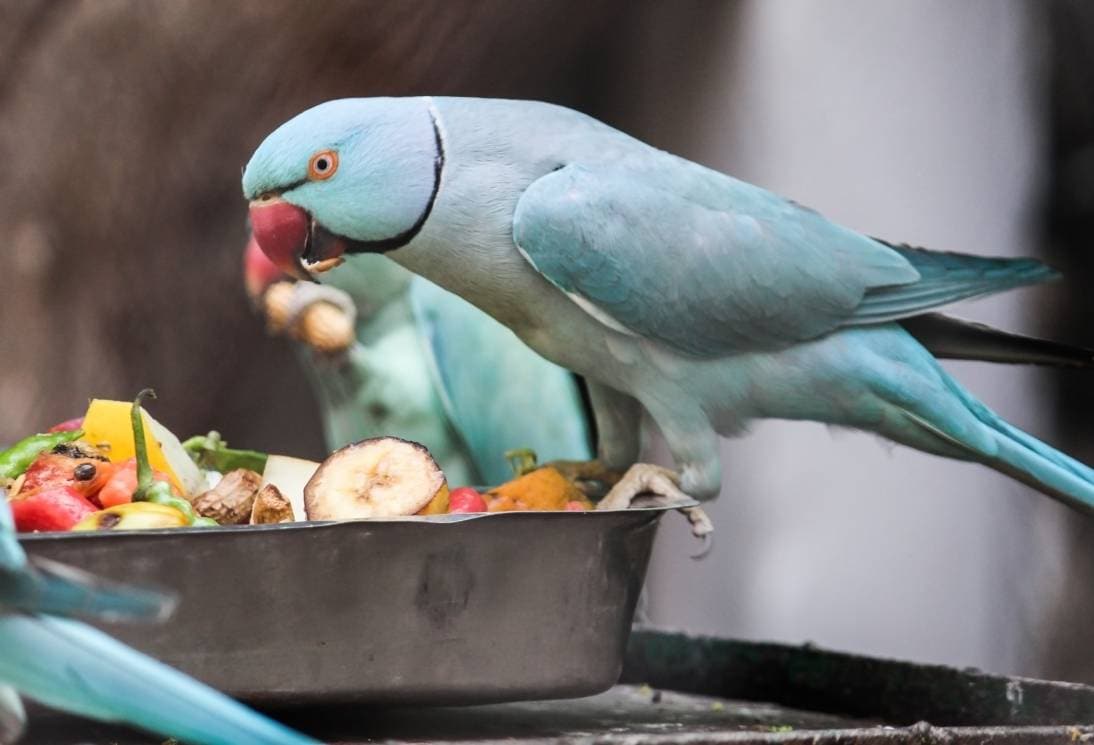
Although avian nutrition has greatly improved in the past decades, nutritional disease is unfortunately still common in pet birds. There are two main reasons for nutritional diseases or deficiencies in pet parrots.
- Feeding diets that allow parrots to choose what they want to eat (such as seed/nut mixes, or table food)
- Feeding pure seed or seed-based diets
- Feeding a mixture of pellets and seeds (most parrots will selectively eat certain seeds and receive inadequate nutrition)
Fortunately, formulated pellet diets have largely helped improve pet parrot nutrition. However, no parrot pellet is considered complete and balanced for them – they always need to have their pellets supplemented with other foods on a daily basis. As a general guide, the following nutritional recommendations can be used:
- 80% pellets
- 10–15% healthy, safe vegetables
- 5–10% fresh fruits
- Seeds and nuts can be given occasionally as treats, or as training incentives. As most large parrots are frugivores (fruit eaters), they do not necessarily need a seed or nut quota in their diet
- 40–50% pellets
- 30–40% seed mix
- 10–15% healthy vegetables
- 5–10% fresh fruit
However, note that the guidelines presented above are a general recommendation. They are certainly not a definitive summary of your pet’s needs. In addition, your pet’s needs would definitely change on a regular basis. For instance, parrots usually require more protein when they are molting or when they are laying eggs. As such, we strongly recommend reaching out to and working with your veterinarian to formulate a meal plan that works for your pet.
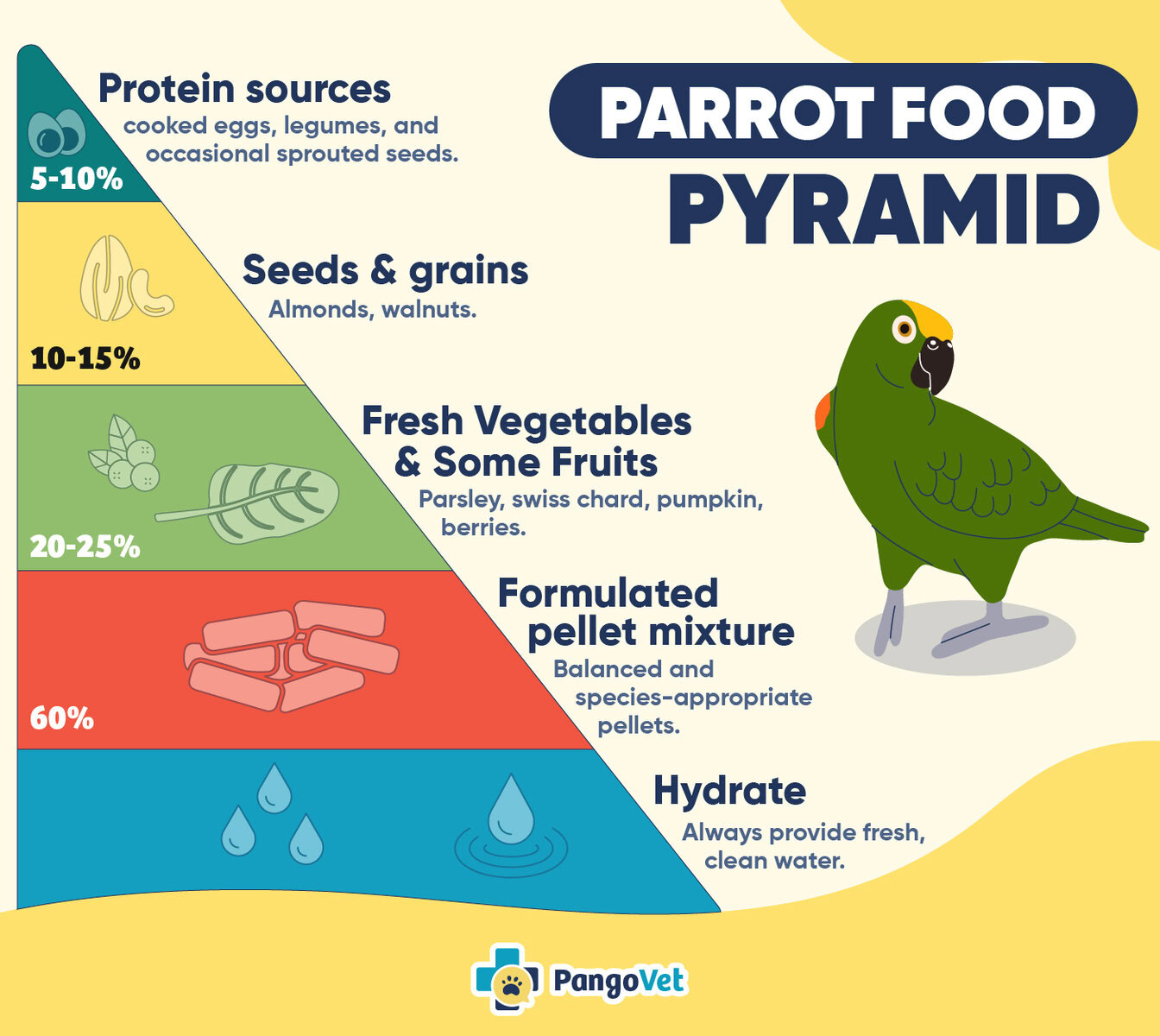
Don’t Forget the Green Leafy Green Tops!
In addition to feeding your parrot the orange fleshy part of carrots, you can also feed your bird the long leafy green carrot tops. You can simply cut the tops off, chop them up a bit, and put them in your parrot’s food dish for their enjoyment.
Feed Carrots to Your Parrot in Moderation
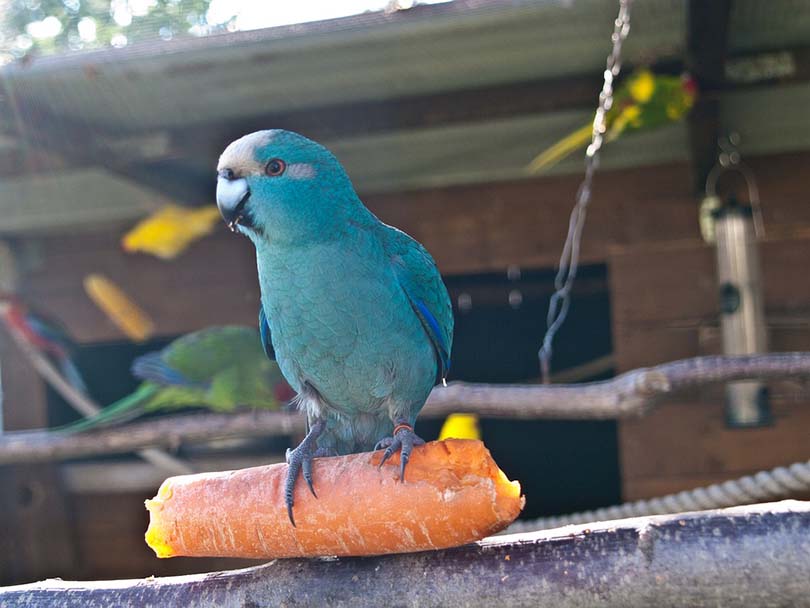
It’s important to mention that while it’s safe and healthy to feed carrots to your parrot, carrots should not make up the main part of your bird’s diet. Carrots also shouldn’t be the only produce your bird eats as no veggie has everything a parrot needs to be healthy.
It’s best to offer your bird a variety of veggies and fruits to ensure he’s getting all the vitamins and nutrients he needs, on top of his regular parrot food. And if you’re wondering if you should feed your parrot fresh or frozen carrots, it doesn’t matter one bit. Some of the fruits and vegetables that are good for parrots include:
- Carrots
- Beetroot
- Peas
- Sweet corn
- Apples
- Bananas
- Grapes
- Oranges
- Pomegranates
- Papayas
Never under any circumstance should you feed your parrot avocado as it’s a food that’s poisonous to parrots. The leaves, skin, and pit of the avocado plant contain a fatty acid-like substance called persin that kills fungus in the plant. Persin has been tied to heart damage, respiratory difficulty, weakness, and even death in parrots of all types so steer clear of guacamole or anything containing avocado!
What About Birdseed?
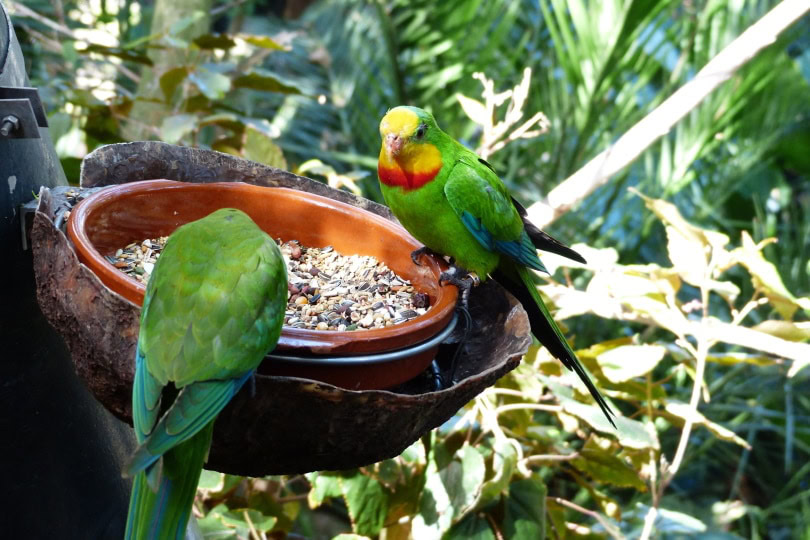
While birdseed mixes look and smell more appetizing than brown pellets, these seed mixes don’t meet all a parrot’s dietary requirements. In other words, an all-seed diet lacks variety & falls short nutritionally.
Another problem with an all-seed diet is that many of the birdseed mixes contain artificial coloring and other unhealthy ingredients. Just like with people, parrots should steer clear of unnatural additives put in food because they’re simply not healthy.
You may be surprised to learn that malnutrition in parrots is often linked to an all-seed diet and is a top cause of bird mortality. While birdseed can be a part of your parrot’s diet, it shouldn’t be the only thing your bird eats!
When you fill your parrot’s food dish, put mostly natural pellets in the dish along with a little seed mix, if you want to give your bird seeds. When you want to give your parrot a special treat, offer him a few chopped vegetables, fruit, or a nut or two. Just don’t go overboard with anything you feed your parrot and use your common sense!
Foods That Can Kill a Parrot
In addition to avocados, there are some other foods that can kill parrots. These foods included eggplant, fruit pits, and chocolate. Eggplant contains solanine which can cause serious gastrointestinal and neurological problems in parrots that can lead to death.
The pits of many fruits contain cyanide that can kill parrots and the bigger the pit, the more cyanide it contains. Chocolate contains theobromine that makes this sweet treat toxic to parrots, even in small amounts. No matter what you do, never give your bird eggplant, fruit pits, or chocolate!

Conclusion
Carrots are perfectly safe vegetables to feed to a parrot, including the green leafy tops! It doesn’t matter if you give your bird fresh carrots, cooked carrots, or frozen carrots, as all the forms are perfectly acceptable!
Remember that your pet parrot depends on you to feed him a nutritional diet. Be sensible and feed your bird a high-quality pellet diet, a few seeds, and some healthy and wholesome snacks.
- Also see: Can Parrots Eat Popcorn?
Featured Image Credit: Roung Chanthasiri, Shutterstock
